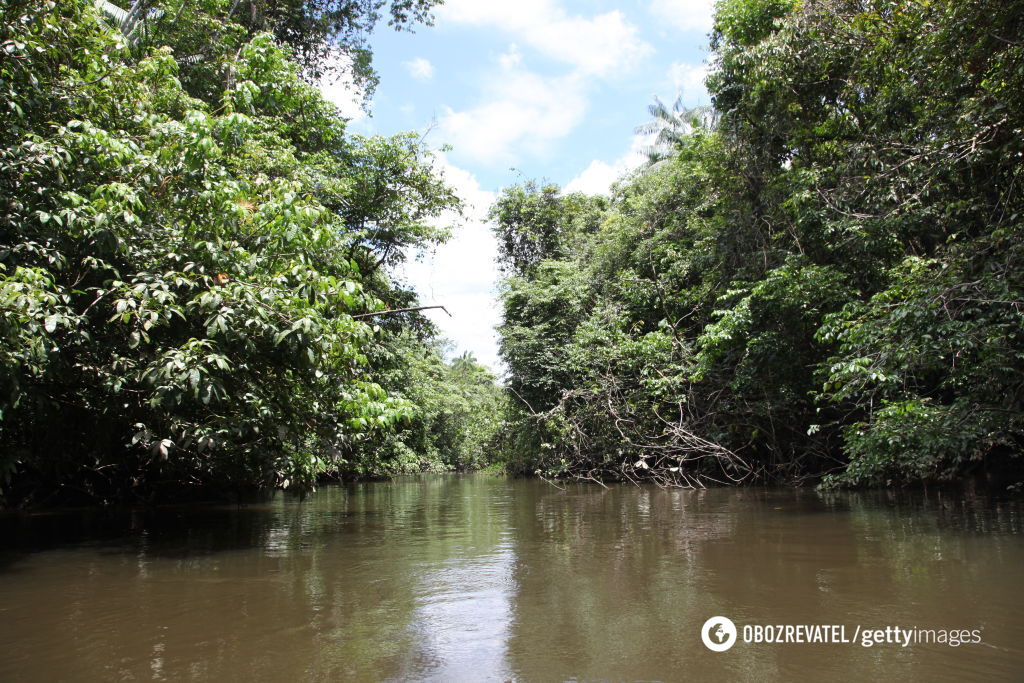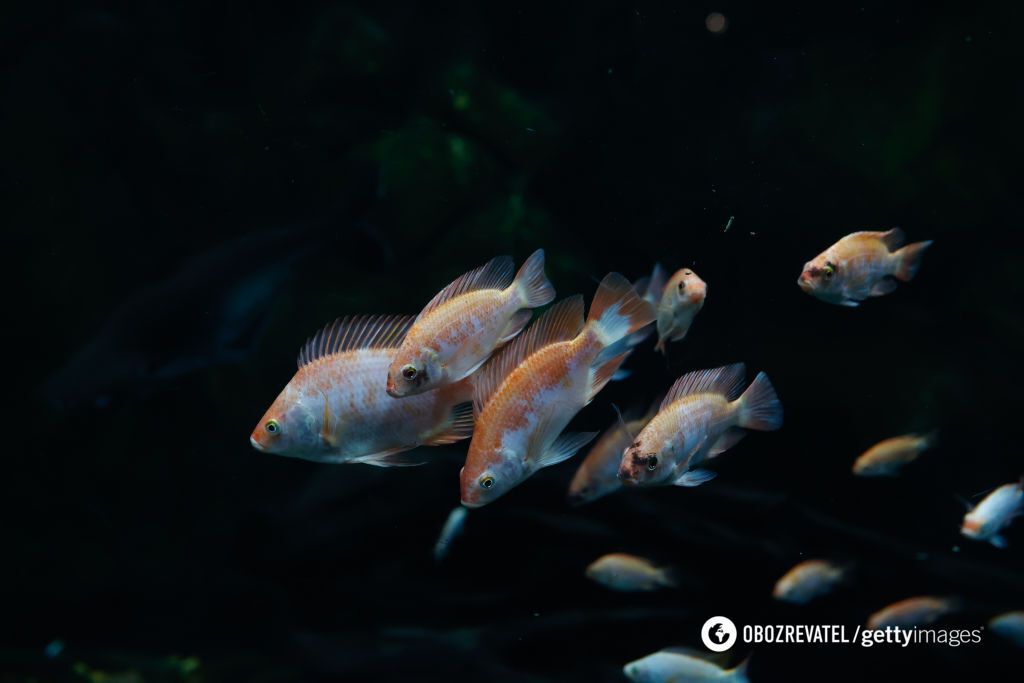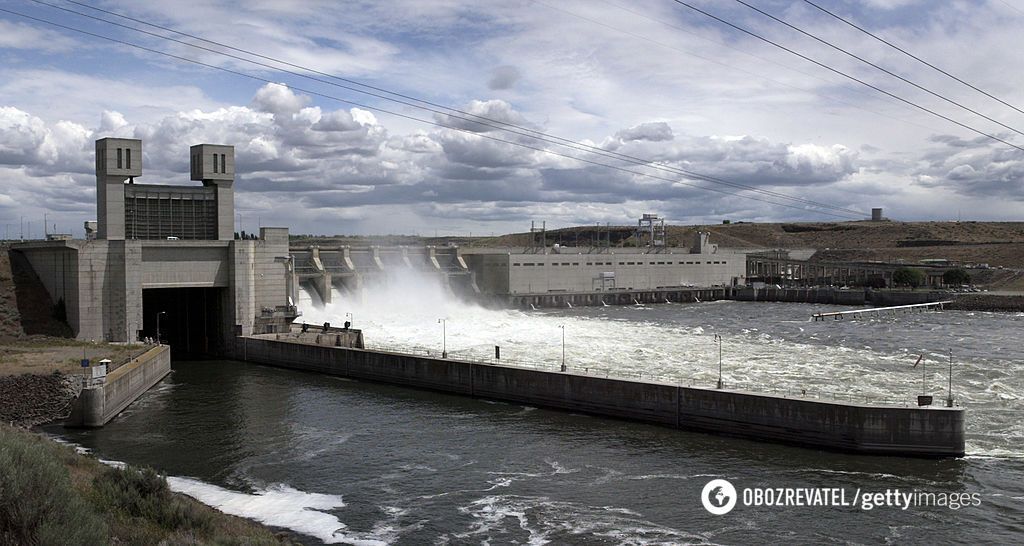News
A quarter of freshwater animals may disappear from the face of the Earth
According to a new study, almost a quarter of animals living in rivers, lakes, and other freshwater sources are endangered. This frightening statistic is caused by a complex of threats, including the spread of pollution, dam construction, rapid water extraction, agriculture, climate change, and more.
This is the first time scientists have analyzed the global risk to freshwater species. All previous studies have focused on terrestrial animals, including mammals, birds, and reptiles, Nature writes.
"Huge rivers like the Amazon may seem mighty, but at the same time, freshwater environments are very fragile," said study co-author Patricia Charvet, a biologist at Brazil's Federal University of Ceará.
Freshwater habitats – rivers, lakes, ponds, streams, marshes, and wetlands – cover less than 1% of the planet's surface but support 10% of animal species, said Catherine Sayer, a zoologist at the International Union for Conservation of Nature in England.
The researchers analyzed about 23,500 species of dragonflies, fish, crabs, and other creatures that depend exclusively on freshwater ecosystems. They found that 24% are endangered due to a number of threats ranging from pollution to climate change, AP reports.
"Most of the species studied are not affected by a single threat, but by several, which together lead to detrimental consequences," added Sayer.
The findings, published in the journal Nature, are the first to analyze the global risk to freshwater species. Previous studies have focused on terrestrial animals, including mammals, birds, and reptiles.
Duke University ecologist Stuart Pimm, who was not involved in the study, called his colleagues' analysis "a long-awaited and extremely important piece of work" that has never been done before.
"Almost every major river in North America and Europe is changing significantly," in part because of dam construction, which puts freshwater species at risk, he said.
In South America, the vast ecosystem of the Amazon River also faces threats from deforestation, wildfires, and illegal gold mining, said biologist Patricia Charvet.
According to her, illegal fires to clear the forest lead to waves of ash that pollute the river, and unlicensed gold miners dump mercury into the water.
"Rivers and wetlands concentrate everything that happens around them. If, for example, an acid or oil spill occurs, it can threaten the entire species. These animals have nowhere else to go," said the co-author of the new study from the Brazilian Federal University.
Only verified information is available on the OBOZ.UA Telegram channel and Viber. Do not fall for fakes!






























